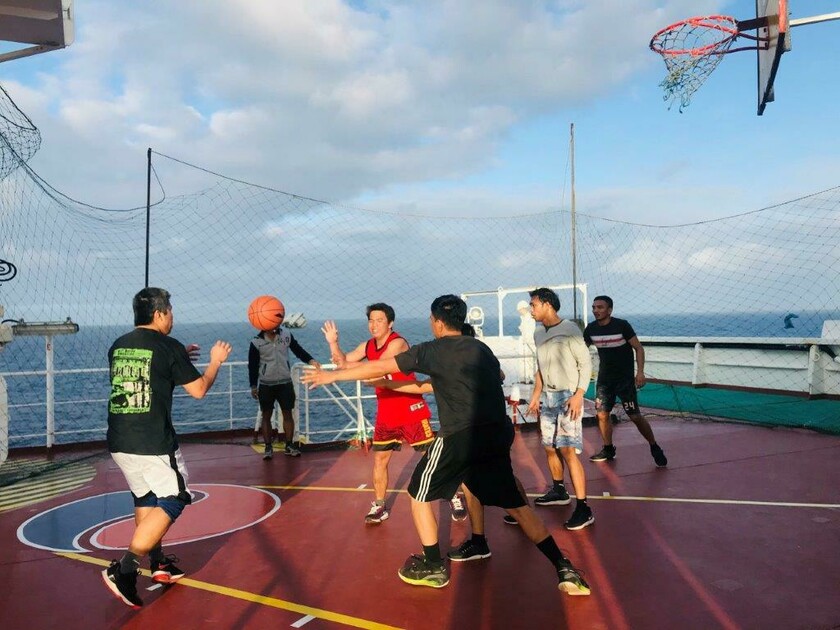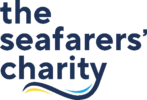The International Seafarers’ Welfare and Assistance Network (ISWAN) has received new funding to further the work of its Social Interaction Matters (SIM) Project.
ISWAN’s SIM Project is a long-term initiative working to improve the health and wellbeing of seafarers and their families worldwide through the promotion of increased, quality social interaction and rest time for seafarers.
In the first three phases of the project, which began in 2019, ISWAN conducted innovative research to identify the key influencers which affect seafarers’ ability to enjoy quality social interaction on board. Leadership culture, fatigue, a diverse and inclusive environment, and the COVID-19 pandemic were found to be key influencers amongst others.
Using these research findings, ISWAN developed a set of actionable guidance and recommendations for shipping and ship management companies. These allow seafarers and other maritime stakeholders to improve and increase opportunities, and facilitate the right environments, for crew to socially interact. These recommendations included: the appointment of a voluntary Social Ambassador on board every vessel; active and visible company-level and leadership approval for social interaction; free and good quality Wi-Fi; appropriate recreation facilities which consider crew preferences; and further research into the effects of fatigue and tiredness and their impact on seafarer mental health.
The SIM Project has now been awarded new funding by the Trinity House Maritime Charity Department for Transport (DfT) Fund for new research to evaluate the effectiveness of the project’s guidance and recommendations, and to develop these to become more inclusive of seafarers in the cruise ship and superyacht industries.
The findings will be used to update and broaden the scope of the project’s guidance and recommendations and to develop them as an influential, dynamic, and collaborative long-term educational resource and practical health and wellbeing tool for the sector.
Trinity House’s Deputy Master Rear Admiral Iain Lower said:




